Retro Replay Review
Gameplay
Gemini Lost offers a deeply engaging simulation experience that will feel immediately familiar to fans of the Virtual Villagers series, yet it adds its own unique cosmic twist. At its core, the game revolves around gathering resources, assigning tasks to individual villagers, and gradually rebuilding a mysterious teleportation device. The intuitive click-and-drag interface allows you to select any community member and place them directly onto the terrain to perform actions—whether that’s chopping wood, mining stone, or researching new technologies in the laboratory.
(HEY YOU!! We hope you enjoy! We try not to run ads. So basically, this is a very expensive hobby running this site. Please consider joining us for updates, forums, and more. Network w/ us to make some cash or friends while retro gaming, and you can win some free retro games for posting. Okay, carry on 👍)
Each villager has a personality and preferred skill set—scientists excel in research, workers are more efficient at gathering raw materials, and builders can erect structures in record time. While you can place any villager in any role, assigning them to their specialty significantly speeds up progress. As villagers toil, they accrue experience in that activity, visible via on-screen skill meters that steadily fill. This sense of gradual mastery is immensely satisfying, especially when you see a once-slow woodcutter upgrade to a seasoned lumberjack.
The game’s progression system is built around a six-branch technology tree, with each branch containing three tiers of upgrades. Farming unlocks new food sources like bee-keeping and fishing; construction generates fresh building sites automatically; medicine boosts life expectancy and birth rates; handicraft allows for better tools; knowledge enhances scientific output and even opens doors to early story characters; and astrology brings you closer to reassembling the teleporter. Deciding where to allocate your precious research points requires thoughtful prioritization, ensuring each playthrough feels strategic rather than formulaic.
Another thoughtful feature is the real-time background simulation: when you shut down the game, the internal clock continues to run, and upon your return, villagers will have made measurable progress toward their assigned tasks. This “always-on” approach keeps the world feeling alive and rewards consistent check-ins, making Gemini Lost a truly modern take on casual simulation gaming.
Graphics
Visually, Gemini Lost adopts a charming isometric vantage point that provides clear sightlines to every corner of the playable map. The art style is bright and approachable, combining soft pastel palettes with subtle shading to differentiate resource nodes, buildings, and characters. While not pushing the boundaries of cutting-edge 3D, the game’s graphics are crisp and functional, ensuring you never lose track of a villager buried in a forest of trees or hidden near a rock face.
Character sprites are distinct enough that you can tell at a glance which villager is a scientist in a lab coat, which one is a burly woodcutter, and which is a sprightly builder—especially useful when you need to reassign roles quickly. Animations, though simple, are smooth: you’ll see lumberjacks swinging axes, scientists hunched over microscopes, and children toddling around gathering herbs. The subtle day-night cycle and gentle weather effects—like drifting clouds or light rain—add atmosphere without hindering gameplay readability.
The user interface is thoughtfully laid out, with a mini-map at the bottom corner marking each villager’s position as a colored dot. Resource icons are clear, and tooltips appear upon hovering to provide quick information on raw materials, zodiac plates, and crafting requirements. The research menu, accessible via the graduation cap icon, is cleanly divided into technology categories, making it easy to track which upgrades you’ve unlocked and what’s next in line.
Story
At its heart, Gemini Lost is propelled by an intriguing celestial mystery: after witnessing a rare lunar eclipse aligned perfectly with the Gemini constellation, your community stumbles upon a glowing device etched with zodiac plates. Accidentally activating the mechanism zaps your entire group to an unknown island, setting the stage for resource gathering, survival, and the urgent quest to rebuild the teleporter and return home.
The narrative unfolds gradually as you recover each missing zodiac plate scattered across the terrain. Each plate discovery is accompanied by a brief description or lore snippet, weaving in astrological symbolism and raising more questions about the device’s origin. As villagers marry—following compatibility rules based on their zodiac signs—and new offspring inherit parental traits, the game injects small but meaningful storytelling beats that keep you invested in individual destinies.
While Gemini Lost doesn’t rely on cinematic cutscenes or heavy dialogue, it crafts its story through environmental details, research unlocks, and the gradual restoration of the teleporter. The absence of lengthy exposition allows players to focus on community management without feeling bogged down by narrative dumps. For a casual sim, this balance between story and gameplay is masterfully handled, ensuring the plot remains a compelling backdrop to your strategic decisions.
Overall Experience
Gemini Lost delivers an inviting and well-rounded simulation experience that’s perfect for both series veterans and newcomers looking for an approachable village-builder. The gameplay loop—assigning villagers, harvesting resources, researching technologies, and inching closer to a climactic teleportation device reconstruction—feels both familiar and refreshingly original thanks to its astrological theme.
The game’s pacing is superb: initial tasks are quick and gratifying, while mid-game research choices add strategic depth. The real-time background simulation ensures that progress feels continuous, even when you’re away from your computer. Although the visuals aren’t groundbreaking, they are clean, colorful, and entirely serviceable, allowing the gameplay systems to take center stage.
With its harmonious blend of resource management, character progression, and light storytelling, Gemini Lost stands out in the casual sim market. If you’ve ever been captivated by Virtual Villagers or are simply looking for a charming world to nurture and direct, this game is well worth your time. The journey to reclaim the zodiac plates and reunite with your home world makes for an experience that’s as cozy as it is compelling.
 Retro Replay Retro Replay gaming reviews, news, emulation, geek stuff and more!
Retro Replay Retro Replay gaming reviews, news, emulation, geek stuff and more!
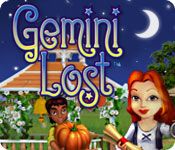
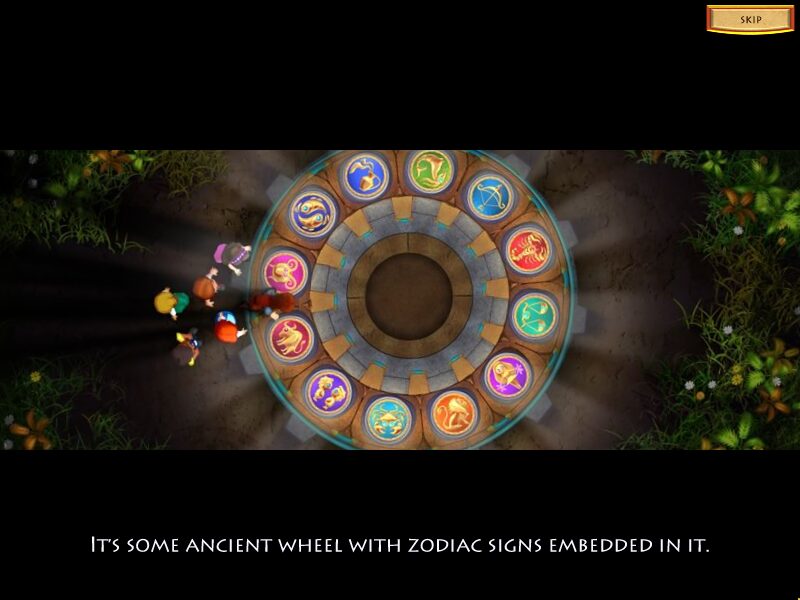
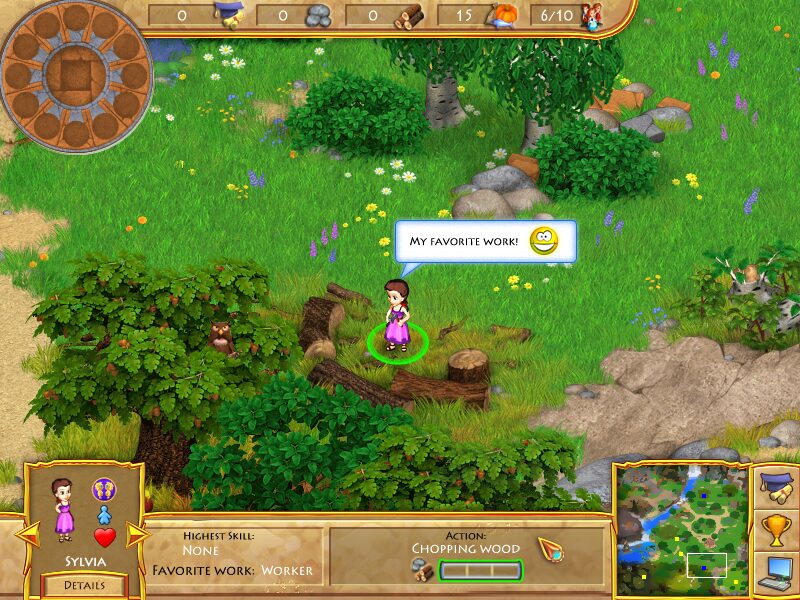
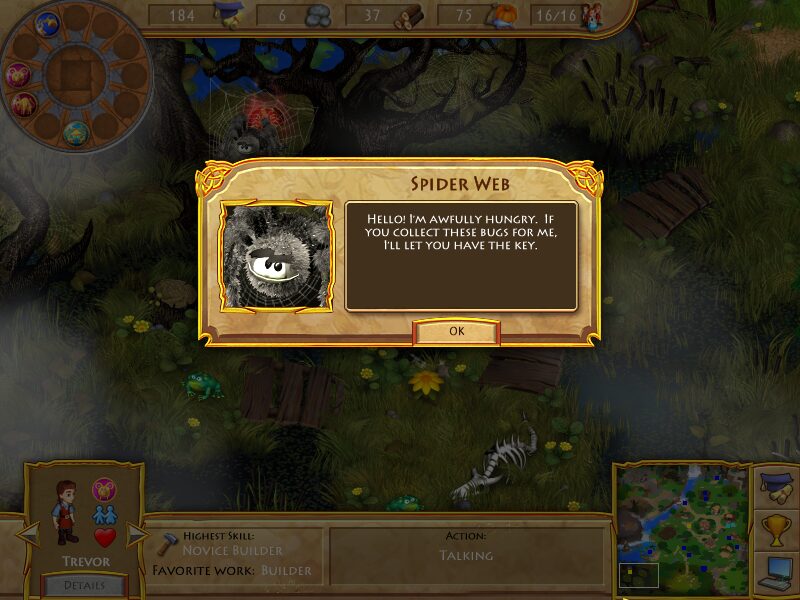
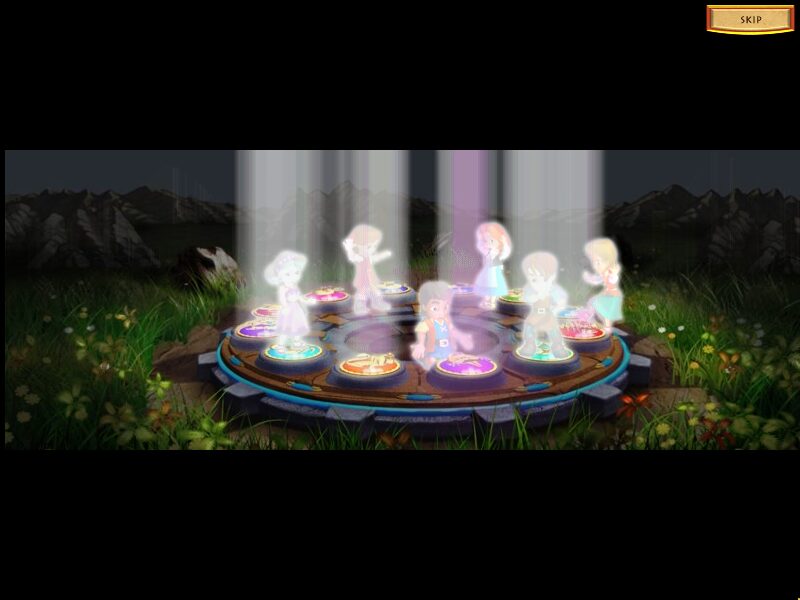
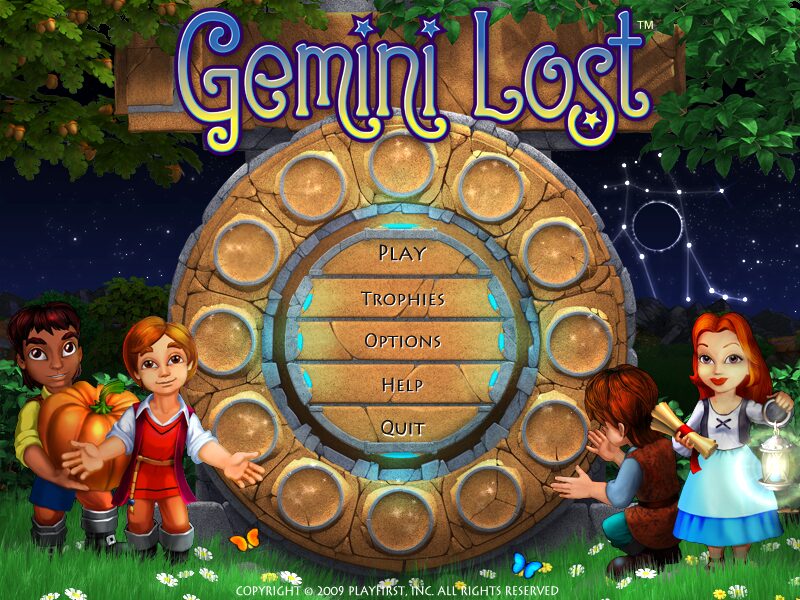



Reviews
There are no reviews yet.